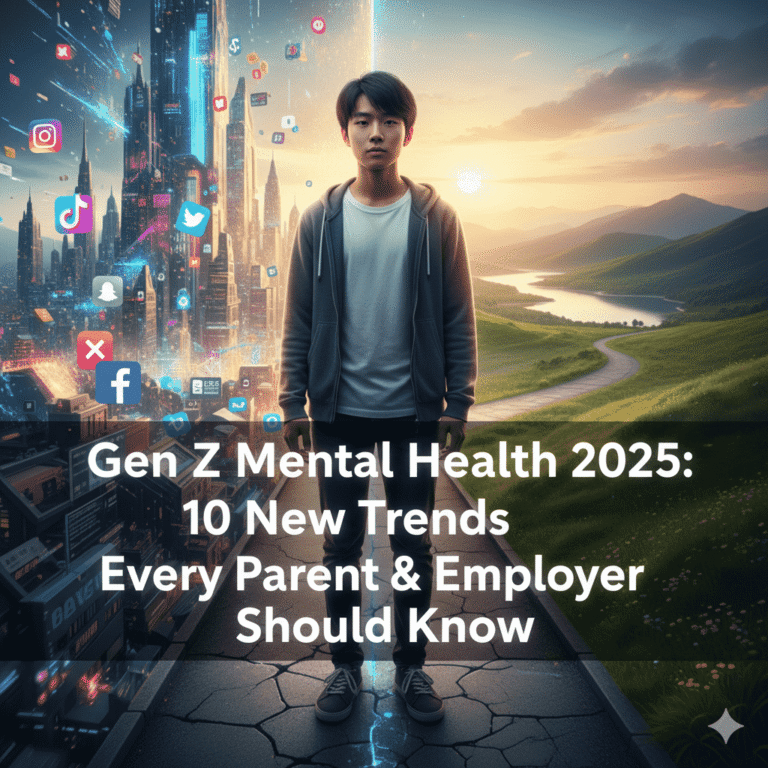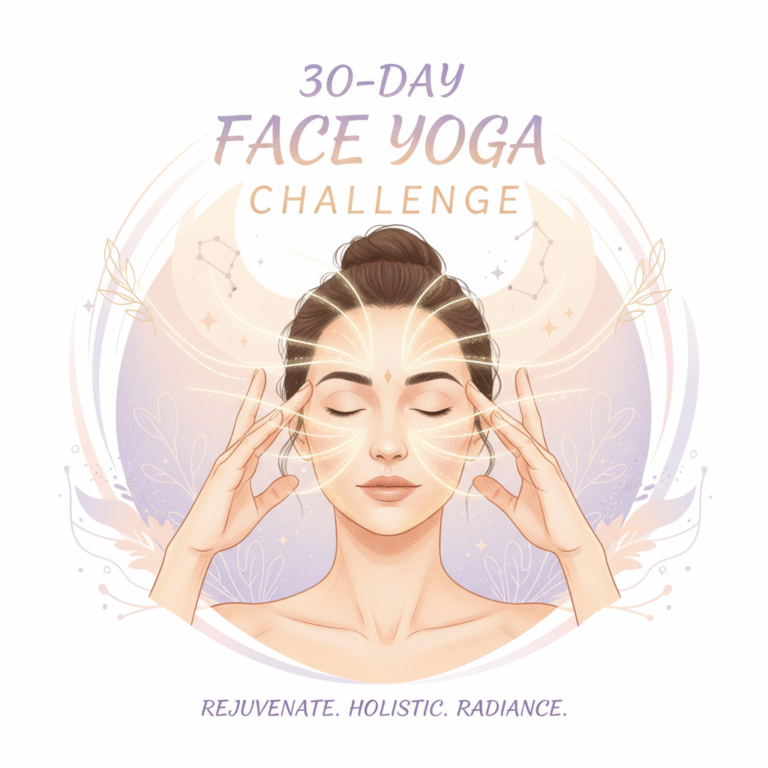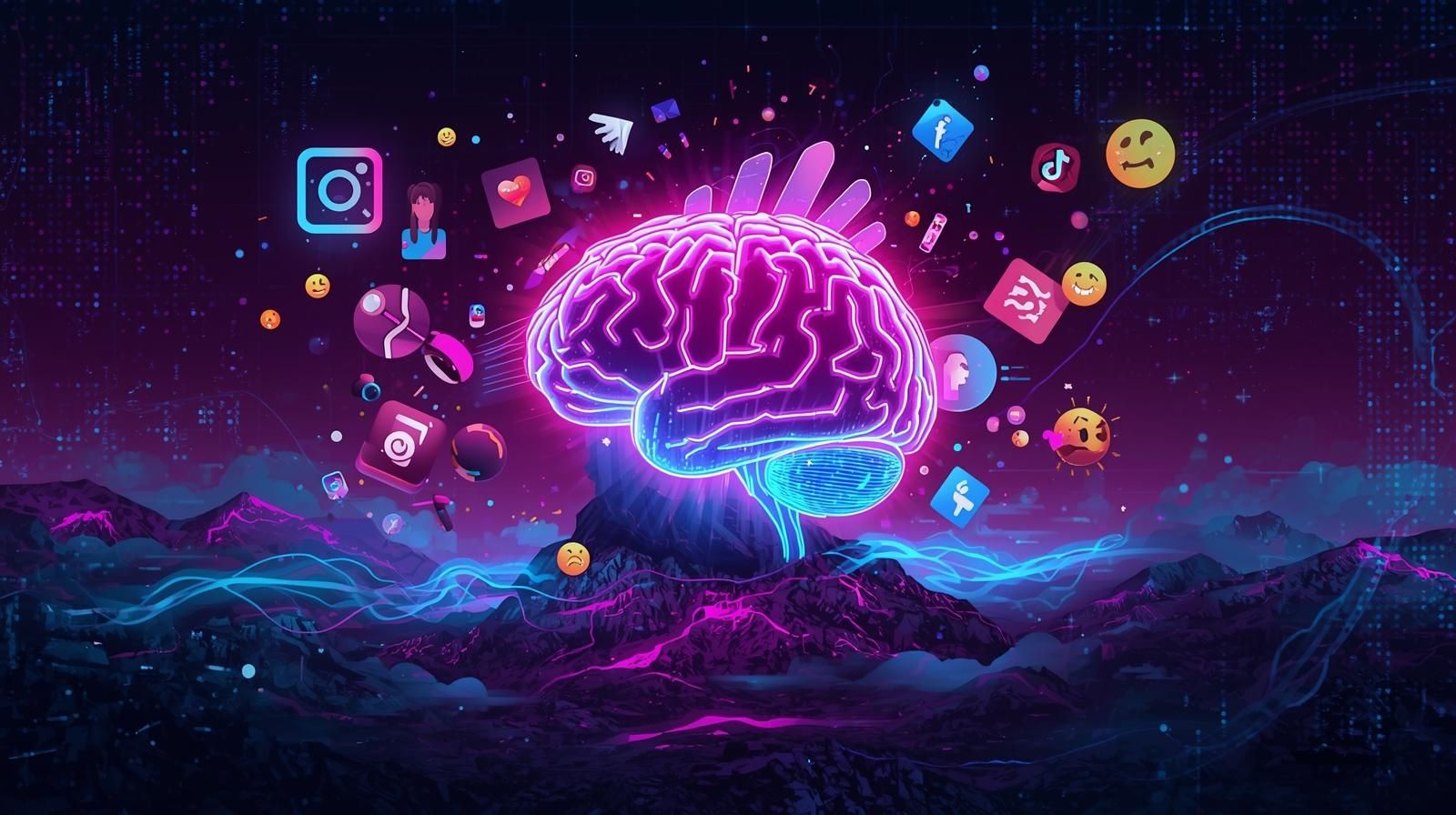
In today’s digital age, social media affects mental health in profound and often unexpected ways. While it offers undeniable benefits like connectivity, entertainment, and information, its impact on mental health can be both positive and negative. In this article, we’ll explore the impact of social media on mental health, diving deep into how these platforms influence our emotions, brain function, and overall well-being.
Understanding the Relationship Between Social Media and Mental Health
Social media platforms such as Facebook, Instagram, Twitter, and TikTok have become integral parts of daily life for billions worldwide. But how exactly does social media affect your brain and mental health? Studies show that excessive use can lead to issues like anxiety, depression, and lowered self-esteem, collectively known as social media and mental health issues.
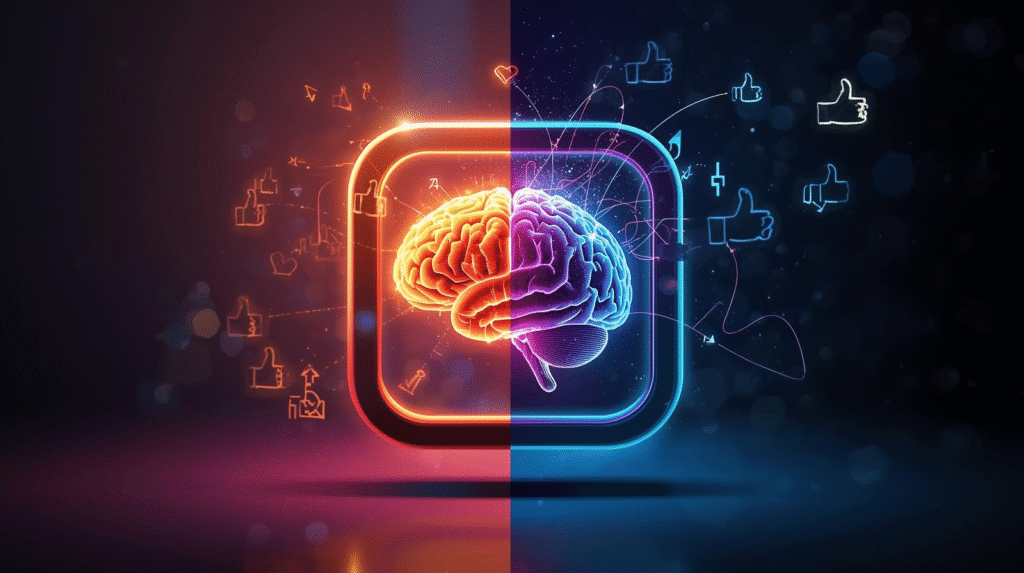
The Positive Effects of Social Media on Mental Health
Before diving into the negatives, it’s important to acknowledge the positive sides:
- Connection and Community: Social media connects people across the globe, allowing them to build supportive communities, especially for those dealing with mental health challenges.
- Access to Information: Awareness campaigns and mental health resources are widely shared, helping reduce stigma and educate users.
- Support Networks: Online support groups provide comfort and guidance to people who might otherwise feel isolated.
Comparison Table: Positive vs Negative Effects of Social Media on Mental Health
| Aspect | Positive Effects | Negative Effects |
|---|---|---|
| Emotional Impact | Builds supportive communities and reduces stigma | Causes anxiety, depression, and loneliness |
| Connection | Enables global connection and social support | Can lead to social isolation despite online presence |
| Information Access | Provides mental health resources and awareness | Misinformation or triggering content can increase stress |
| Self-Esteem | Encourages self-expression and identity exploration | Leads to negative social comparison and body image issues |
| Addiction Potential | Encourages positive habits and learning opportunities | Triggers dopamine addiction, compulsive use |
| Sleep | N/A | Screen time disrupts sleep cycles and melatonin release |
| Focus and Attention | Can enhance knowledge when used intentionally | Rapid scrolling reduces attention span |
| Mental Health Management | Offers online therapy and support groups | Excessive use can worsen symptoms |
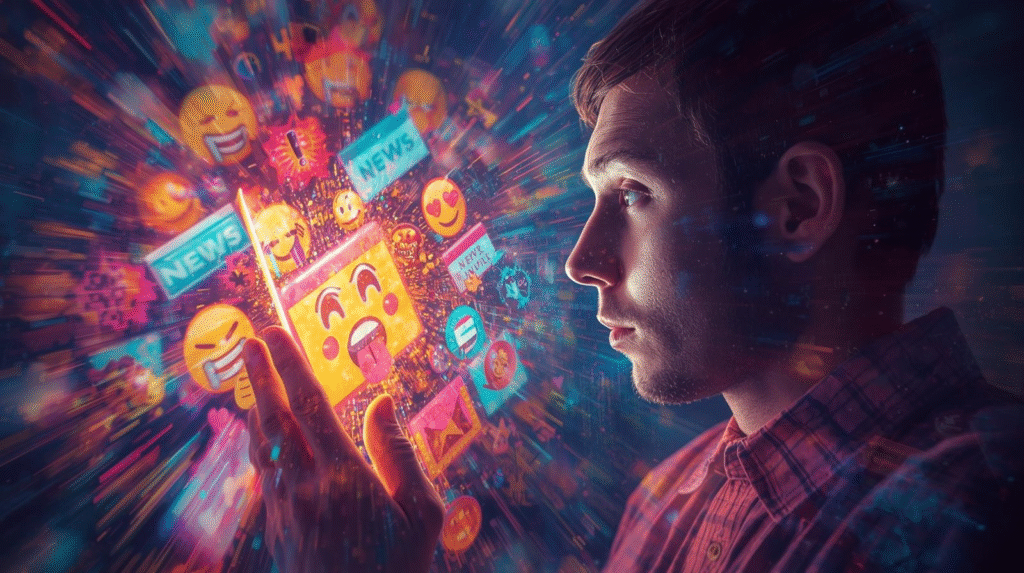
Negative Effects of Social Media on Mental Health
Let’s examine the effects of social media on mental health that researchers have identified:
1. Anxiety and Depression
Social media often presents an idealized version of life, leading users to compare themselves unfavorably. This can result in mental health and social media anxiety, where constant exposure to others’ “perfect lives” triggers feelings of inadequacy and sadness. Studies link heavy social media use with increased symptoms of depression and anxiety.
2. Social Media Addiction
The design of social media platforms encourages prolonged use, tapping into the brain’s reward system. This can lead to social media addiction symptoms such as compulsive checking, irritability when offline, and decreased productivity. The dopamine hits from likes and comments reinforce the behavior, creating a vicious cycle.
3. Sleep Disruption
Excessive screen time, especially before bed, affects sleep quality. The blue light emitted by devices suppresses melatonin, making it harder to fall asleep. Poor sleep worsens mental health, contributing to mood disorders and cognitive impairment.
4. Decreased Self-Esteem and Body Image Issues
Platforms like Instagram emphasize visual content, sometimes fostering unhealthy comparisons and body dissatisfaction. This emotional effect of social media can lower self-esteem and increase risk of eating disorders, especially among young people.
5. FOMO (Fear of Missing Out) and Social Comparison
Constant updates and notifications can trigger social media notification stress and the anxiety known as FOMO. People feel pressured to stay connected and fear missing important events or information, which can be mentally exhausting.
How Social Media Affects Your Brain
The brain’s response to social media is complex:
- Dopamine Release: Positive feedback (likes, comments) causes dopamine release, reinforcing addictive behaviors.
- Attention Span: Rapid content scrolling can shorten attention spans, reducing ability to focus on longer tasks.
- Emotional Regulation: Overexposure to emotional content can make it harder for the brain to regulate mood and stress.
Recognizing Social Media and Mental Health Issues
It’s crucial to recognize when social media use is harmful:
- Feeling anxious or depressed after using social media
- Obsessively checking notifications
- Neglecting real-life relationships or responsibilities
- Feeling lonely despite being “connected” online
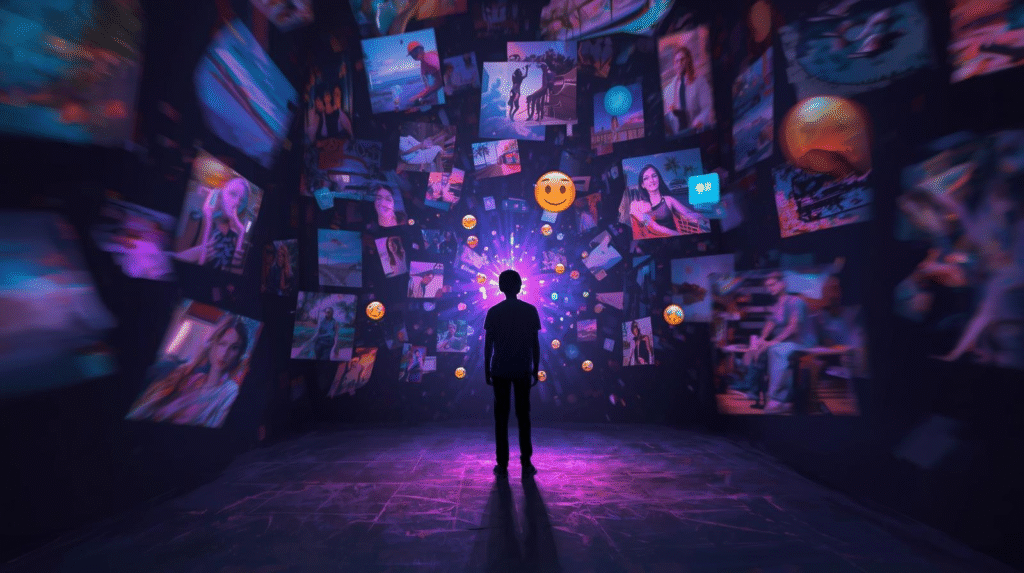
Tips to Mitigate Negative Effects and Improve Mental Health
1. Digital Detox and Mindful Usage
Taking regular breaks from social media helps reduce anxiety and burnout. Setting screen time limits and being mindful about usage can promote better mental health.
2. Curate Your Feed
Follow accounts that inspire and uplift you. Unfollow or mute content that causes stress or negative feelings.
3. Engage in Real-Life Social Interactions
Balance online time with meaningful offline connections to nurture emotional health.
4. Seek Professional Help If Needed
If social media use worsens mental health, consult a therapist or counselor for support.
Conclusion
The impact of social media on mental health is undeniable and complex. While it connects and informs, it also has hidden dangers that affect our brain and emotions. Understanding these effects empowers us to use social media consciously, protecting our mental well-being in the digital world.
Can social media cause anxiety or depression?
Yes, constant exposure to idealized lives on social media can trigger feelings of inadequacy, anxiety, and depression, especially with heavy or addictive usage.
How does social media affect the brain?
Social media usage releases dopamine, which can lead to addictive behaviors. It can also reduce attention span and make emotional regulation harder due to constant emotional stimuli.
What are the signs of social media addiction?
Signs include compulsive checking, feeling anxious without access, neglecting responsibilities, and prioritizing online interactions over real-life connections.
How can I protect my mental health while using social media?
Limit screen time, curate your feed to follow positive content, take digital detoxes, engage in offline social activities, and seek professional help if needed.

